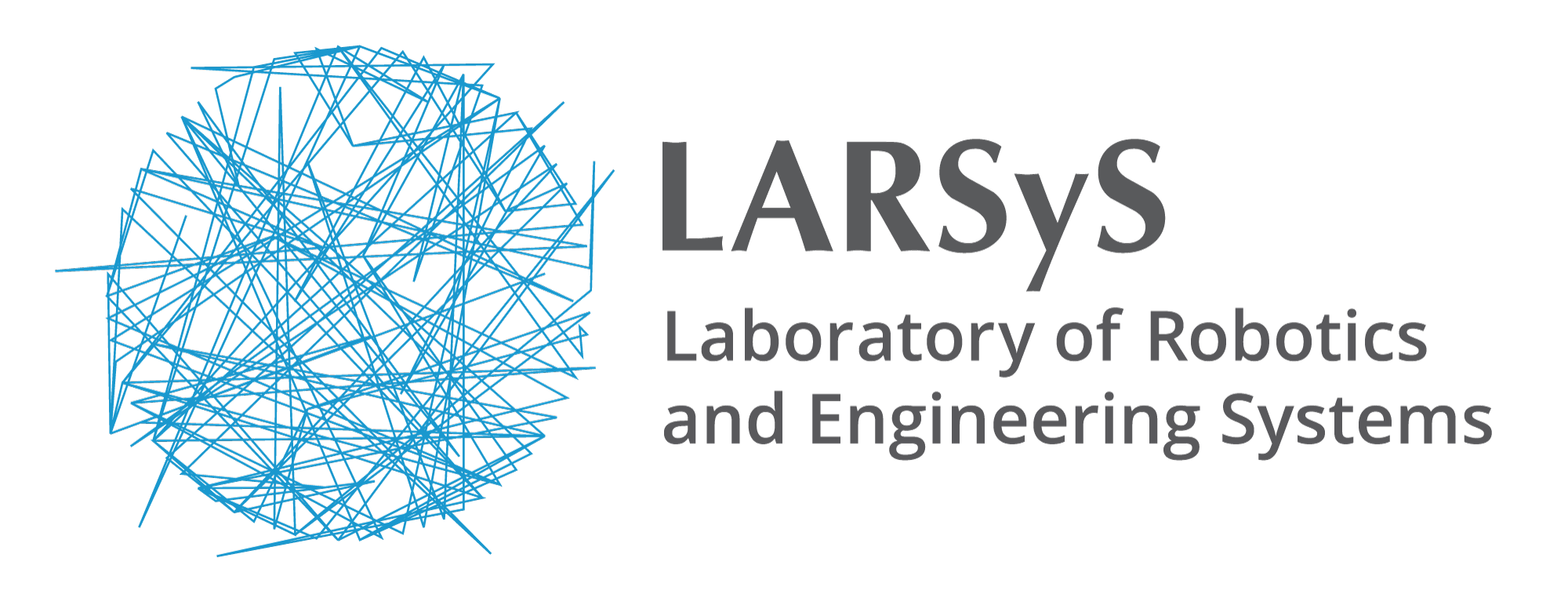This thematic line aims at coordinating the scientific and technological research activities of LARSyS in topics related to Life Sciences. The overarching goal of the LIFE thematic line is to apply our core knowledge in exact sciences and engineering in basic research in biology, psychology, sports sciences and neurosciences or in the development of new medical and zootechnical tools for diagnosis and therapeutics.
The topics covered by LIFE range from the classical diagnosis based on medical imaging and fundamental or applied research in neurosciences to robotic human-machine interaction systems applied in rehabilitation, social robots in active and healthy life supporting systems or new biomicrofluids lab-onc-hip solutions.
The strategic plan for the next period is to actively leverage new collaborations between the groups in LARSyS and deepen the existing ones. The LIFE thematic line intends to foster the growth and deepening of existing collaborations with leading institutions in the fields of biology, medicine and neurosciences, such as the IPATIMUP/i3S, IMM, Champalimaud Foundation, Institute of Neurology, UK, and the EPFL’s Center for Biomedical Imaging, Switzerland.
The activity of the LIFE thematic line is planned to be a natural evolution of our activity in the previous period in the clinical domains of Neurologic diseases, Cancer and Rehabilitation. The following are relevant examples of cross-fertilization in LIFE:
- Realtime EEG fMRI neurofeedback approach for stroke rehabilitation (ITI/LaSEEB) identifying spatiotemporal patterns that occur during motor imagery EEG neurofeedback and structural differences to facilitate adaptive recovery of lost motor function after brain injury though EEG neurofeedback.
- Physiological Adaptive User Interfaces using Eye Tracking, Heart rate (HR) and Electrodermal activity (EDA) (ITI/IRSg/VisLab) developing emotional state awareness capabilities through psychophysiological correlates, facial expression and eye movement analysis for facilitating robot teleoperation in high stress rescue operations.
- Lab-On-Chip Cancer Diagnosis (IN+/LaSEEB) developing new diagnostic methods based on mechanophenotyping characterization and on adapted constitutive models relating specific flow properties (e.g. rheological) with different stages of the disease. These methods are particularly relevant in the early diagnostics of several types of cancer, namely gastrointestinal cancer, oral cancer and lung cancer.
- Metabolic Monitoring in Grazing Animals (MARETEC/LaSEEB) developing monitoring methods for metabolic activity in grazing animals, dealing with the specifically adverse and harsh conditions of an outdoor environment, and including the efficient transmission of this data, to be integrated in operational management models, geared to multi-objective optimization of technical performance, resource use efficiency and environmental impact.
Research Groups that contribute to the Thematic Line:
Computer and Robot Vision Group (VisLabISR)
Evolutionary Systems and Biomedical Engineering Lab (LaSEEBISR)
Intelligent Robots and Systems group (IRSgISR)
Laboratory of Technology Policy and Management (LTPMIN+)
Interactive Technologies Institute (ITI)
MARETEC Marine,Environment & Technology Center
